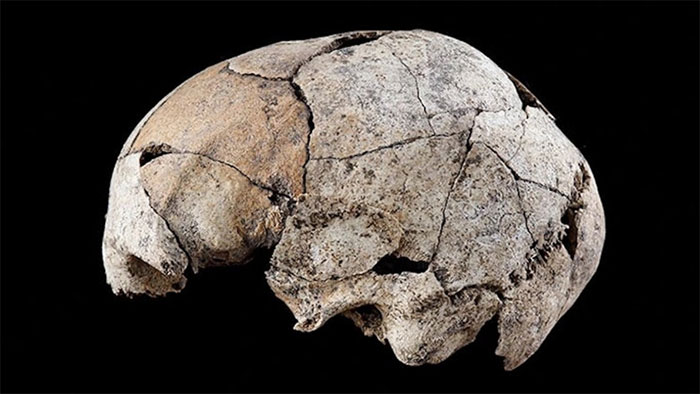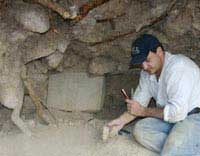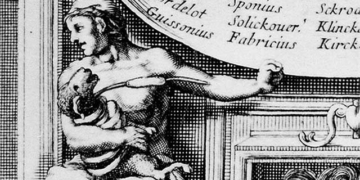Recently, archaeologists in Spain discovered the earliest evidence of ear surgery performed on humans. This finding was revealed following an analysis conducted on a skull dated to be around 5,300 years old.

Image of the 5,300-year-old skull.
Researchers from the University of Valladolid, Spain, analyzed the skull, which was excavated in 2018 at the Dolmen of El Pendónis site, near the city of Burgos in northern Spain. Their paper, published last week in the journal Scientific Reports, provides an analysis of two holes in the skull located in both temporal bones, beneath the ear. These bones are believed to serve a protective function for the ear as well as help regulate ear pressure.
The researchers believe that the individual whose skull they excavated may have undergone primitive mastoidectomy. The surgery was likely performed to alleviate pain caused by inflammation. The individual could have been a woman aged between 35 and 50 years. The research team believes that this person survived for at least several months following the surgery. The researchers explained in their study: “The results of this paper demonstrate the survival of the individual after both interventions.”
Surgery may have been used to remove an infection that is known today to potentially cause hearing loss, blood clots, meningitis, or brain abscess if left untreated. These infections could manifest as tumors in the ear, leading to prehistoric surgical interventions. The scientists wrote in the paper: “In this case, the prehistoric surgeon identified the focal point of the issue – possibly due to an infection that was clearly visible to the naked eye. They successfully intervened, as evidenced by the bone regeneration observed in both temporal bones.”
However, the prehistoric patient likely endured “unbearable pain” due to the drilling and abrasion – although it is difficult to precisely identify the type of tools used, they believe that the patient may have been restrained or administered opiates or a similar sedative to alleviate pain.
The researchers noted that the first recorded instance of mastoid surgery dates back to the pre-antibiotic era in the 17th century. Previous studies suggest that the Dolmen of El Pendónis site was likely used as a burial chamber for approximately 800 years, from 3,800 to 3,000 BCE in human history.





















































